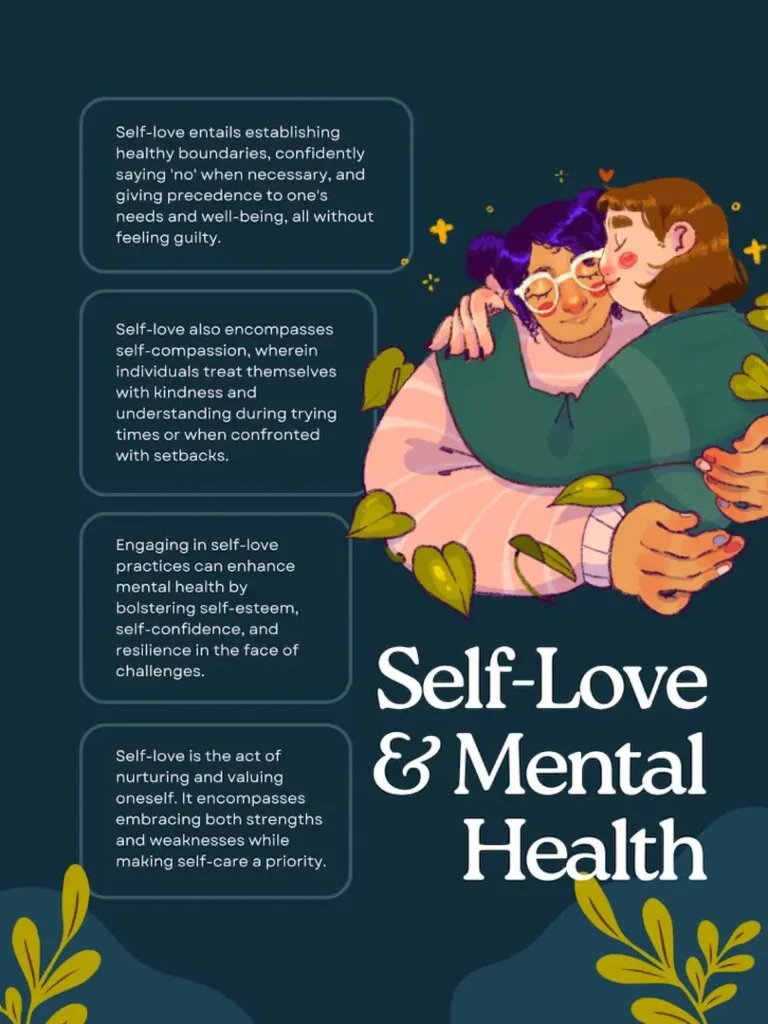
What is Mental Health?
Mental health encompasses our emotional, psychological, and social well-being. It influences how we think, feel, and act, determining how we handle stress, relate to others, and make decisions. Mental health is more than the absence of mental disorders; it is a state of well-being where individuals recognise their abilities, cope with the everyday stresses of life, work productively, and contribute to their community.
Mental health is a dynamic state, with people experiencing varying degrees of mental well-being throughout their lives. Genetics, life experiences, and biological factors can impact mental health. Positive mental health allows individuals to realize their full potential, be resilient in adversity, and engage meaningfully with others.
The Importance of Mental Health

The significance of mental health extends far beyond the individual. It is crucial for the overall health and well-being of society. Good mental health is vital for:
- Physical Health: Mental and physical health are closely connected. Mental health issues can lead to physical health problems like heart disease, obesity, and other chronic illnesses. Conversely, poor physical health can increase the risk of developing mental health issues.
- Quality of Life: Positive mental health enhances our quality of life, fostering a sense of purpose, fulfilment, and joy. It enables individuals to cope with stress, adapt to change, and maintain relationships.
- Economic Productivity: Mental health significantly affects productivity in the workplace. Individuals struggling with mental health issues may experience decreased performance, absenteeism, and a lack of motivation, affecting their ability to contribute effectively. Globally, mental health disorders are estimated to cost the economy trillions of dollars in lost productivity each year.
- Healthy Relationships: Mental health affects how we communicate and interact with others. Individuals with good mental health are more likely to maintain healthy relationships, support loved ones, and contribute positively to their communities.
- Personal Development: Good mental health fosters self-awareness and personal growth. It encourages individuals to pursue their passions, set goals, and achieve their aspirations.
Why Mental Health is a Must-Do in Our Society
Addressing mental health is not just an individual concern but a societal imperative. In our fast-paced, increasingly complex world, mental health challenges are on the rise. Here’s why mental health must be a priority in our society:
- Breaking the Stigma: Stigma around mental health can prevent individuals from seeking help and support. By making mental health a societal priority, we can challenge stereotypes, promote understanding, and create an environment where individuals feel safe to discuss their mental health openly.
- Early Intervention: Early detection and intervention in mental health issues can prevent more severe problems from developing. When society prioritizes mental health, individuals are more likely to recognize signs of distress in themselves and others, leading to timely support and care.
- Creating Supportive Environments: Mental health promotion involves creating environments that support well-being. This includes safe workplaces, supportive educational settings, and inclusive communities. Society must work to provide access to resources such as counselling, therapy, and mental health education.
- Enhancing Community Resilience: Communities with strong mental health awareness and support systems are more resilient in crises. They can respond more effectively to economic downturns, natural disasters, or public health emergencies.
- Fostering Inclusivity and Equity: Mental health care is a fundamental human right. Prioritizing mental health ensures that all individuals, regardless of their background, have access to the support and care they need. It promotes inclusivity and helps bridge gaps in health disparities.

Conclusion
Mental health is an integral part of our overall well-being. Its importance cannot be overstated, as it affects every aspect of our lives. In our society, it is crucial to prioritize mental health, break down the barriers of stigma, and create environments that support emotional well-being. Doing so empowers individuals to lead healthier, more fulfilling lives and build stronger, more resilient communities.

